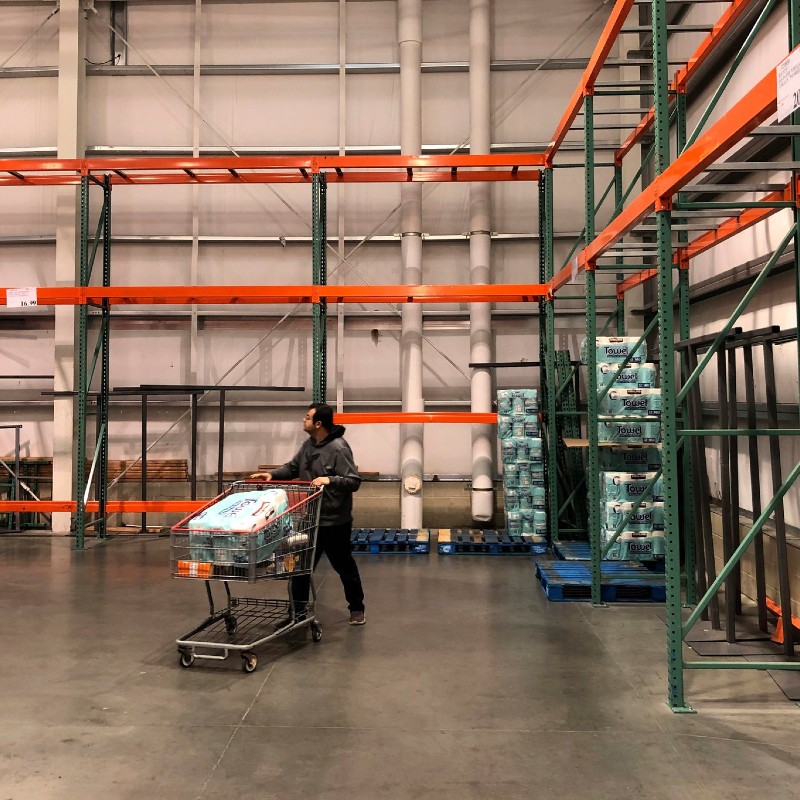Published:
Among the panic of the COVID-19 a very peculiar phenomenon is happening around the world: Panic Buying. Spain has called for calm, Europe is urging its people to buy rationally, and the United States is working through getting more supplies on its shelves. Panic buying is creating shortages of items around the world and is affecting the supply chains of many different products. But what exactly is panic buying and how is it affecting the markets and companies working within a specific industry?
Panic buying is an increase in demand, usually due to a disaster, which causes an increase in price. This creates shortages of necessary products. We are seeing shortages right now of water, toilet paper, cleaning supplies, bread, and other assorted foods. Since there are more shortages of these necessary items, people who were not participating in panic buying before start to fear that their spending power will erode and that supply will never return to the shelves. This creates the mass phenomenon of panic buying and, once enough people are participating, the markets will completely shift. Panic buying in the short-term mainly affects investors along with the companies that sell these products. In the long term, it affects the consumers as prices start to drastically increase.
Another aspect of panic buying is called the bullwhip effect. This is the whiplash-like effect from the global supply chain that makes it difficult to stock the shelves fast enough to keep up with a sudden high demand level. What this means is there are empty shelves. This can cause more panic and lead to higher demand, even if companies have a lot of excess stock and just need time to send it out. All of this is happening as governments from around the world are urging consumers to buy responsibly and in smaller quantities.
Georgia-Pacific is a company owned by Koch Industries that produces a large amount of toilet paper and is one of the largest private companies in the United States. The bullwhip effect is exactly what their company is experiencing. Their CEO Charles Koch has stated to Forbes that there was “a significant increase in orders beginning last week. These increases have been as high as two times our normal demand.” As Koch tries to send out his excess supply, Americans are watching a shortage of his product on everyday shelves.
In contrast, this particular panic has led to an increase in demand in small bakeries for people to be able to have bread. In Spain, Javier Marca, a key person in the bread industry, has talked about how panics have risen the demand and how much bread he can now sell. No one can come into the store and all orders from Marca’s bakery are now preordered. Marca also states that he does not know what he will do if the country moves into a quarantined state, similar to Italy.
Overall, among all of the panic buying and fear of COVID-19, the biggest thing to take out of all of this is to stay calm. Suppliers are recognizing the influx in demand and this could lead to big market shifts, but the biggest thing is to understand that most have excess stock that they are currently selling. If you are a business located in a country that is panic buying, assure your customers about the amount of stock you currently have and increase production to meet the demand.
File under






